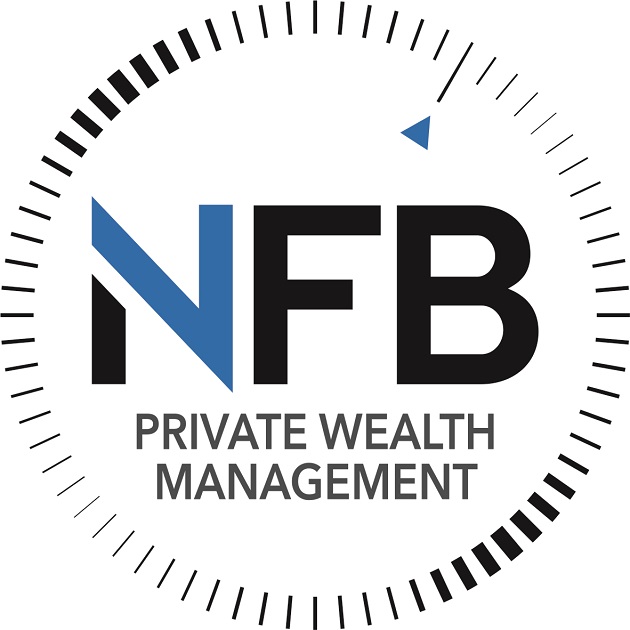Settling debt versus investing: What are my options?
In principle, the ideal is to consistently contribute to paying off debt while at the same time investing for the long term and if possible, to contribute to an emergency fund that can be quickly and easily accessed.


Over the past 18 months many South Africans have – and continue to – experience financial stress and are weighing up whether it’s a better idea to invest or fast track the payment of their bonds and other credit. Or a bit of both?
Investing in assets such as stocks, unit trusts or real estate is designed to help you achieve your long-term financial goals by putting your money to work for you. It has a long-term reward potential, the ability to outperform inflation and can be tailored to your needs. If managed correctly it could even be a source of income when you retire.
When it comes to paying off debt, in particular a bond, consider that the interest rate won’t stay this low forever, so take advantage of the opportunity to pay off debts as fast as possible.
If your investment is able to outperform inflation then a case could be made to do a bit of both under the right financial advice. It makes sense to invest if you can earn more interest on your investment than your debts are costing you.
In principle, the ideal is to consistently contribute to paying off debt while at the same time investing for the long term and if possible, to contribute to an emergency fund that can be quickly and easily accessed.
While transferring all your available sources into your bond does have some advantages, it also means you forgo certain opportunity costs. The advantages are that paying more than your bond repayment reduces the interest charged by the bank; takes advantage of the low-interest rate environment; you can allocate funds towards other investments sooner once you have paid off your bond; and if you have an access bond, this can provide liquidity or act as an emergency fund.
The disadvantages include the fact that holding just property means you have an unbalanced asset class exposure in your portfolio; you are not able to take advantage of the age-old saying of "time in the market versus timing the market"; you miss out on the tax benefits of investing in specific investment products; and you have a lack of liquidity if you don’t have an access bond.
What you need to decide is whether you can achieve a greater return by investing in growth funds versus the rate of interest charged on your debt as well as ensuring a diversified portfolio unique to your personal needs.
There are a three different strategies you could employ. The first strategy is to continue paying the minimum contribution into your bond and simultaneously invest into a retirement annuity, tax-free savings account and unit trust investment.
The second is to settle the outstanding bond amount as soon as possible, and thereafter investing into a retirement annuity, tax-free savings account and unit trust investment.
The third is a hybrid approach, where you can contribute more than the minimum payment into your bond, while investing surplus funds into a retirement annuity and tax-free savings account. Once the bond has been settled, you can then allocate that repayment towards a unit trust investment.
The strategy you decide on is dependent on your unique circumstances, earnings, disposable income, living expenses and of course personal choice. There are a variety of advantages of investing in different investment products rather than limiting your selection to just one. Within a retirement annuity your contributions are tax deductible to a maximum of 27.5%. This means you pay less tax and returns on your investment are tax free. While investing in a unit trust may not have the same tax advantages as a retirement annuity, there are no restrictions on how much you can invest in specific asset classes.
It’s important to note that your age and position in life affects how you might pay off debt or invest. For example, a 30 year old might have more opportunity to hold an overweight position in an asset class where the risk-return profile is higher, such as an overweight position in global equities. The reality is that asset allocations drive returns in a well-diversified portfolio, and by having the majority of your portfolio allocated only to property, you risk losing out on investing in the market.
One disadvantage of using the first strategy is the length of time it would take to pay off your bond compared with strategy two and three. When it comes to paying off debt, the situation is different for everybody.
Financial advisers analyse each scenario on a case-by-case basis. For example, a young individual with the time and means to pay off a bond over its term and simultaneously save for retirement, versus that of an individual nearing retirement who needs to get debt free as soon as possible, will have very different approaches to their debt. The role of the financial adviser is to gather the relevant information and guide the individual on the best path for them. A tailored investment plan should provide for both immediate and future financial means. Key is to find a strategy that works for you and get started as soon as possible.
SAfm Market Update with Moneyweb, financial journalist, Fifi Peters chats with Stephen Katzenellenbogen. The focus of discussion is on settling debt vs investing and saving.
 |
"Settling debt versus investing: What are my options?" was published by: |













